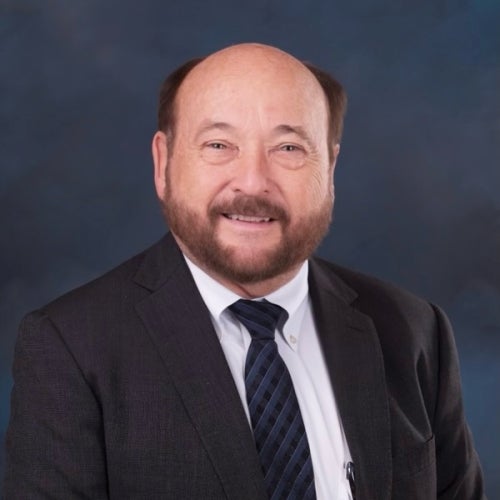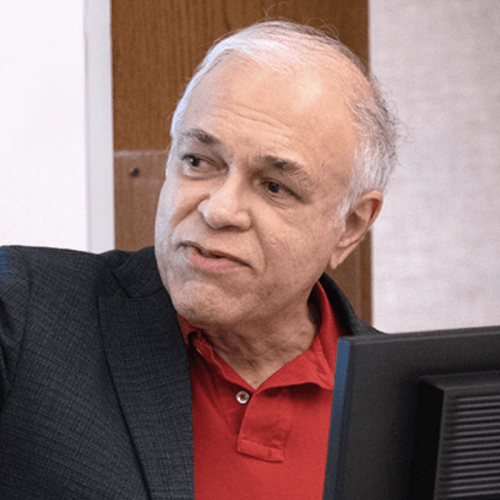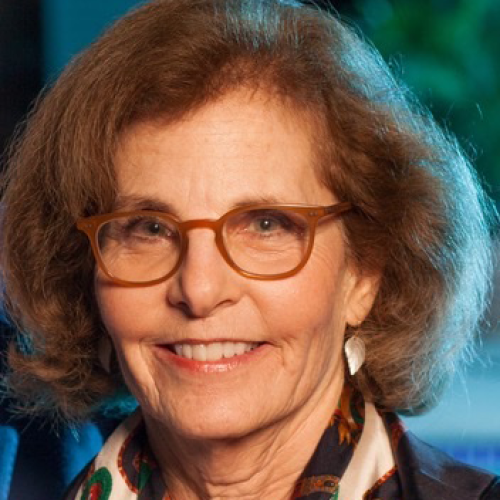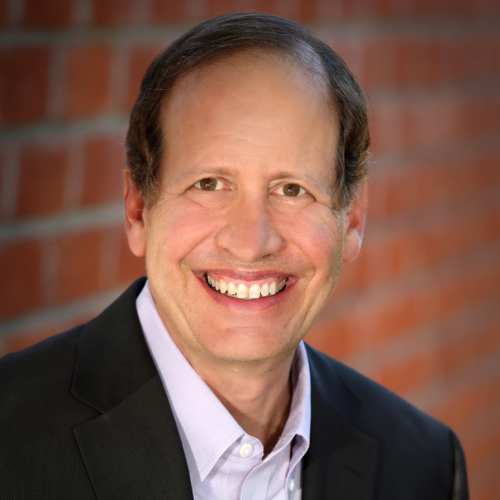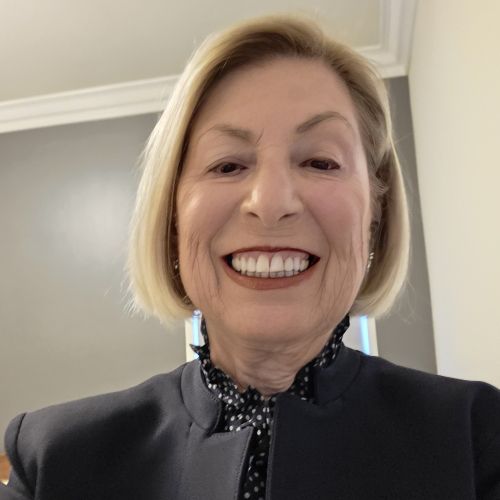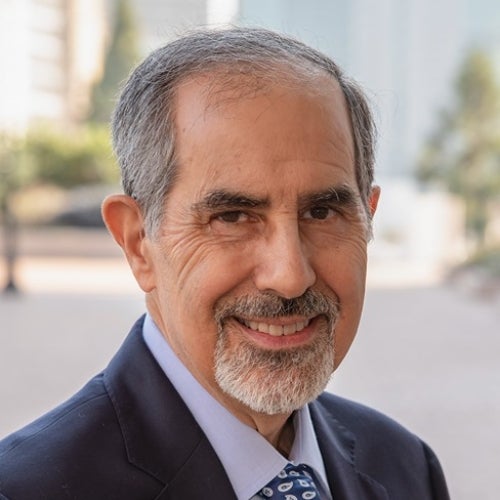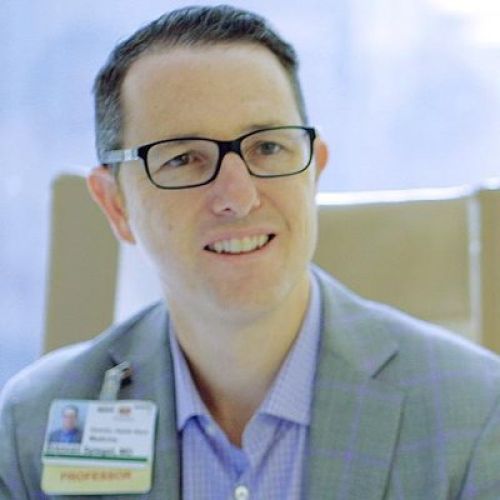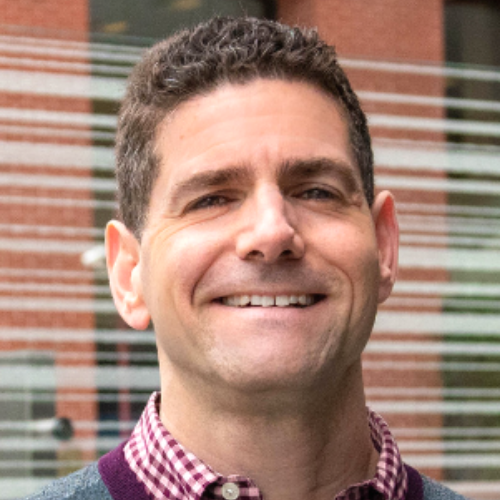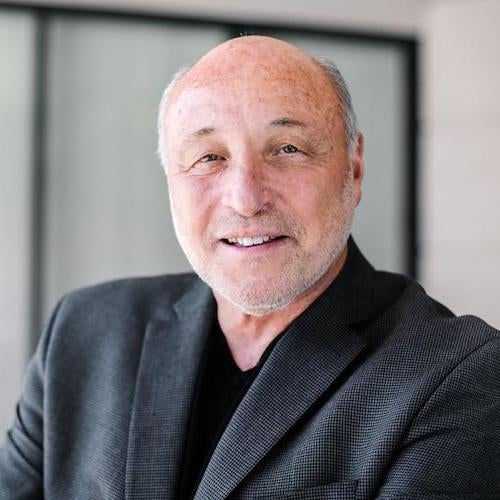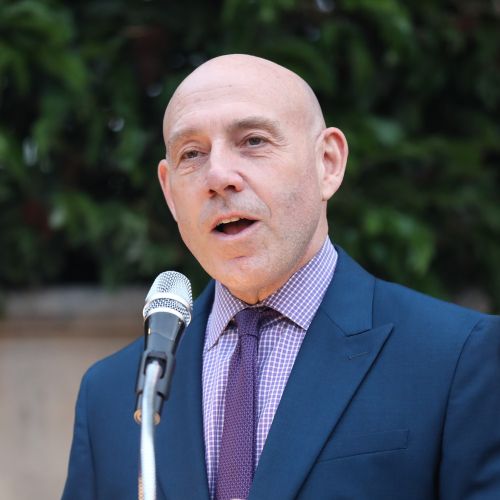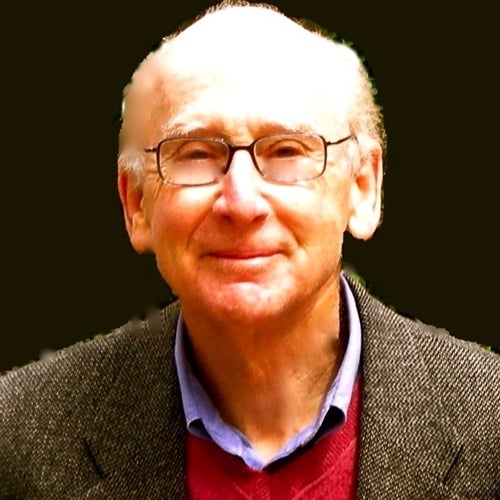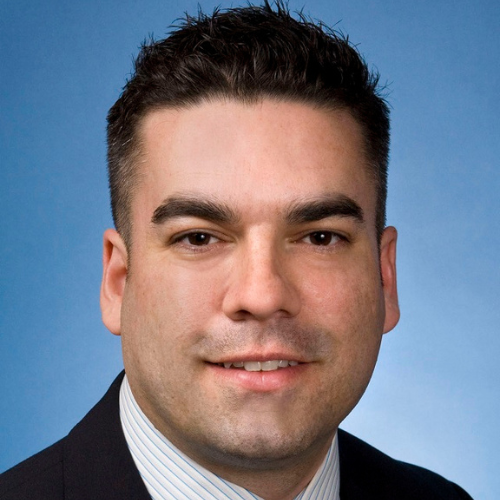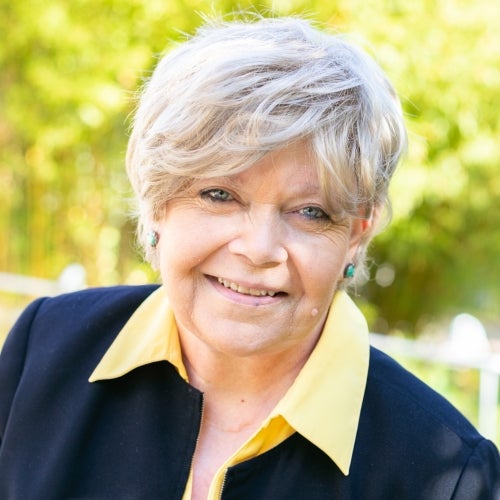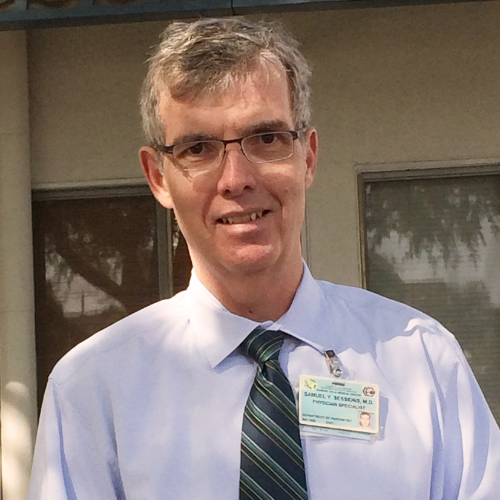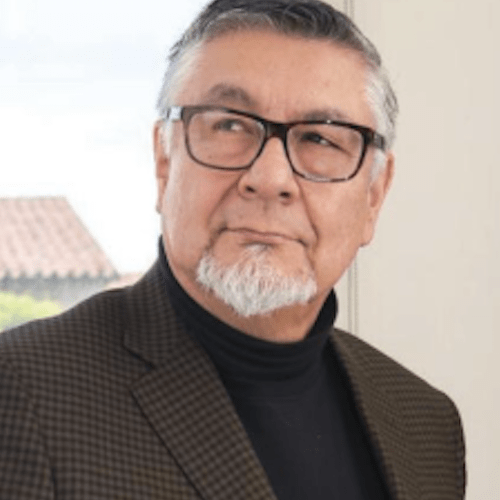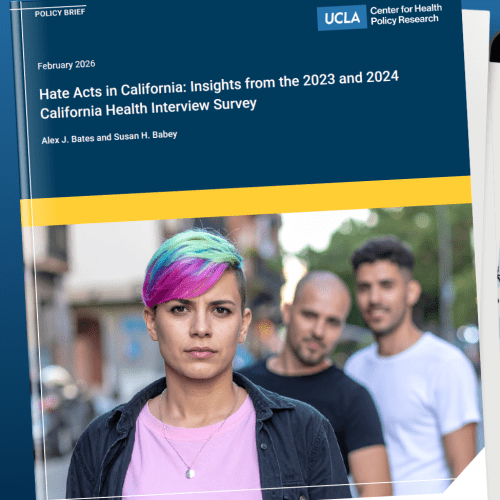U.S. News & World Report: The High Cost of Rising Drug Prices
Pharmaceutical company profits should not outweigh the public interest.
During an election year when voters and candidates from both parties registered outrage at high drug prices, the pharmaceutical industry's most powerful trade group boosted revenues by nearly 25 percent, paying out millions to lobbyists and politicians, according to an NPR report broadcast this week.
Pharmaceutical Research and Manufacturers of America, known as PhRMA, raised $271 million in 2016, a $50 million increase over 2015, according to IRS filings. The group gave millions to presidential, congressional and state candidates and spent $57 million on lobbying efforts, a two-thirds increase over 2015.
"Does that surprise you?" former PhRMA CEO Billy Tauzin told NPR. When government responds to voters' cry for lower drug prices, Tauzin stated, "PhRMA has always responded by increasing its resources.
Faculty Referenced by this Article

EMPH Academic Program Director with expertise in healthcare marketing, finance, and reproductive health policy, teaching in the EMPH, MPH, MHA program

Dr. Michelle S. Keller is a health services researcher whose research focuses on the use and prescribing of high-risk medications.

Professor of Community Health Sciences & Health Policy and Management, and Associate Dean for Research
Nationally recognized health services researcher and sociomedical scientist with 25+ years' experience in effectiveness and implementation research.

Dr. Ron Andersen is the Wasserman Professor Emeritus in the UCLA Departments of Health Policy and Management.



